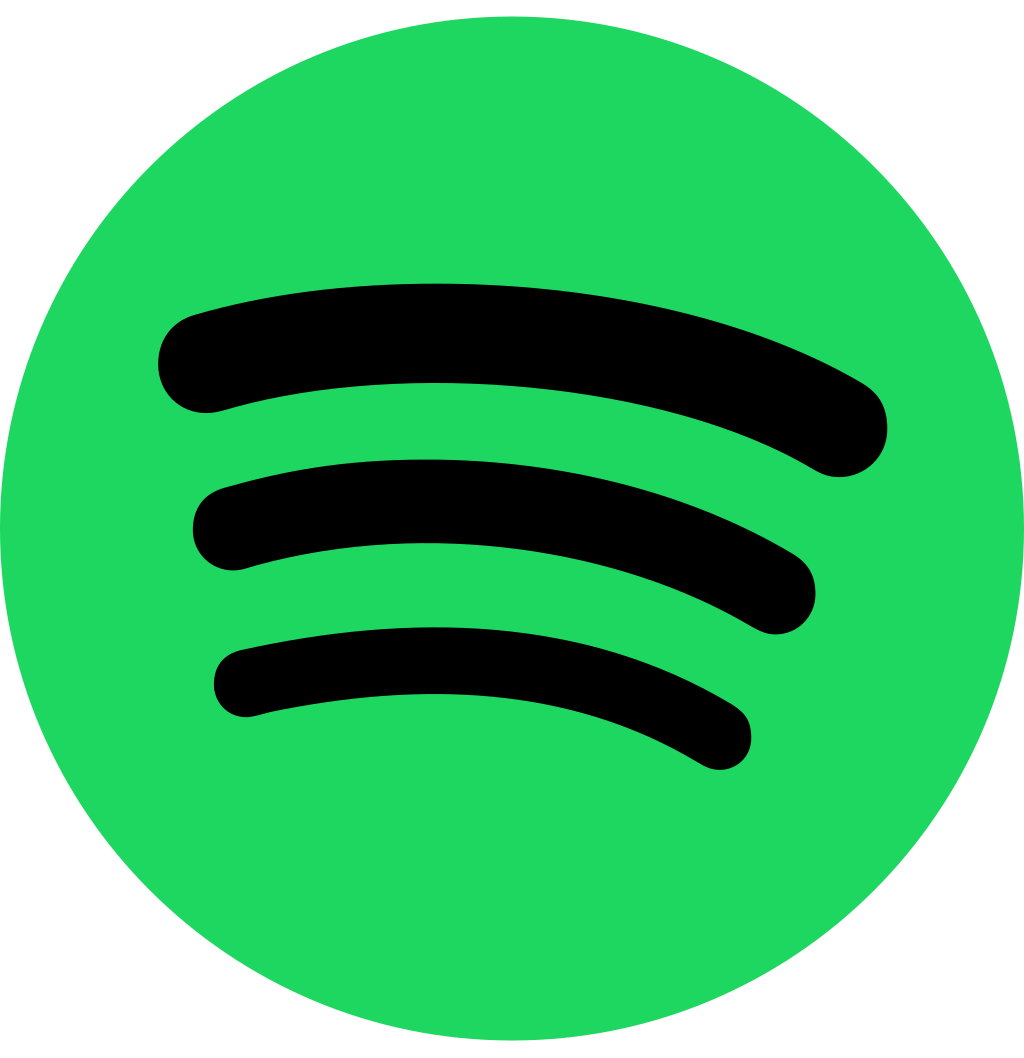Organized by Loïc Bourdeau (Maynooth University)
and Steven Wilson (Queen’s University Belfast)
Confirmed Keynote Speakers:
Eivind Engebretsen, Professor of Interdisciplinary Health Science (University of Oslo)
Lucille Toth, Dance Scholar & Assistant Professor of French (Ohio State University)
The global response to Covid-19 has brought together political actors, health professionals, educators, industry leaders, artists, and activists. The pandemic has thrown into sharp relief the idea of connections: between countries and peoples; between epidemiology and the ecosystem; between public health and the economy. While PPE and masks saved lives, they also posed major environmental questions about plastic waste; while the global industrial slowdown cost many jobs, it gave a much-needed break to various natural ecosystems; while face-to-face communication, including in classroom settings, was severely reduced, new modes of online engagement proliferated, requiring the development of new skills. Now, almost three years since the outbreak, Covid-19 is still impacting our societies. At the same time, a number of cultural actors have started speaking up about the “positive” aspects of the pandemic. Keeping in mind the death toll, due in part to slow governmental responses, they acknowledge personal, professional, or medical benefits to the crisis. “Quiet Quitting” or “WFH: Working from Home” have become common and preferred practices for many who are no longer afraid to set their boundaries; some individuals have noted how lockdown has saved them from burnout; others had more time to care for their loved ones. This emerging discourse does not overlook the trauma of the period, especially for marginalized individuals who are less likely to have experienced any benefits from it. On the contrary, sites of vulnerability were further exacerbated; even media attention has done little to bring about sustainable positive change. At the core of all of these experiences thus lies an important question: What lessons have we learned from Covid-19?
This conference seeks to address this question by focusing on spaces and places of cultural connection – between languages, countries, forms of production, disciplines temporalities – that require urgent transdisciplinary and intersectional consideration. The overarching topic to be explored is: How might post-pandemic futures be imagined or forged by paying attention to cultural meeting points? Questions to be addressed include, but are not limited to:
- How might connections between literature or film and medicine allow for the representation of lessons learned from Covid-19? How does science influence literary or cinematographic production (of, for example, the “covid novel” or “pandemic films”), and vice-versa?
- How do cultural narratives of past pandemics intersect with representations of Covid-19, and what lessons might they have for post-pandemic emergence and transformations?
- How can Arts and Humanities responses to the pandemic help with the communication of scientific data and public health messages, or allow us to imagine new paradigms of healthcare?
- How might increased scientific awareness/knowledge resulting from Covid-19 lead to innovative forms of cultural production, and vice-versa?
- How might the translation of languages and (lived) experiences of Covid-19 provide insights into patienthood, medical environments and/or (future) pandemic management?
- How have artists engaged with the crisis, producing new shows, new writings, new choreographies?
- How might the pandemic lead to new cross-disciplinary partnerships?
- What new, productive pedagogical modalities might emerge from the pandemic?
We are looking to include: traditional papers and panels, roundtables, live or prerecorded creative performances (dance, spoken word, readings, short films, etc.). Please submit abstracts of around 250 words (with a short bio) to loic.bourdeau@mu.ie and steven.wilson@qub.ac.uk by March 22, 2023. Selected contributors will receive notification of outcome before the end of April. Please title your word document as follows: LASTNAME-PPF2023-INPERSON or LASTNAME-PPF2023-ONLINE depending on your preference.





